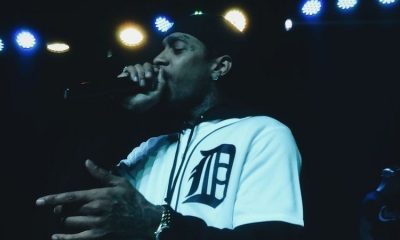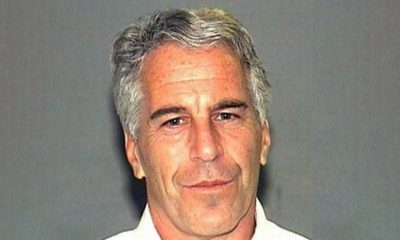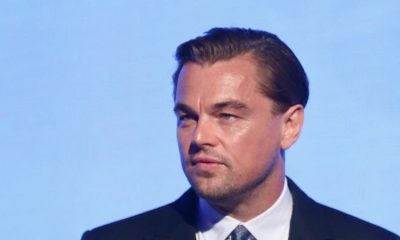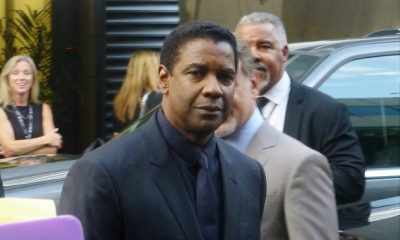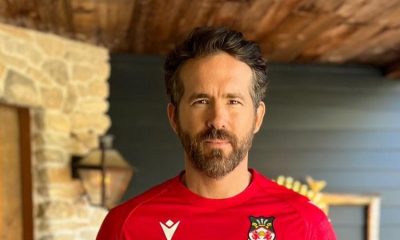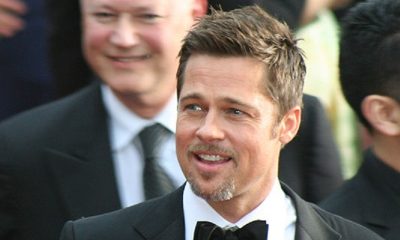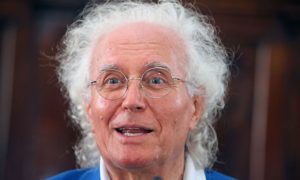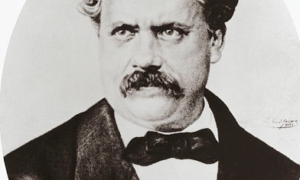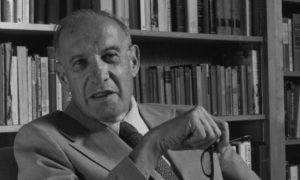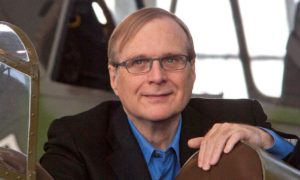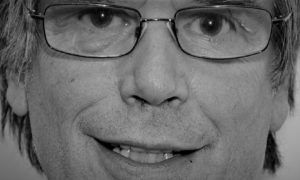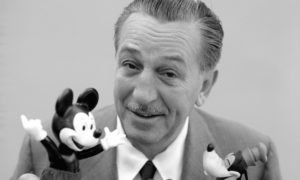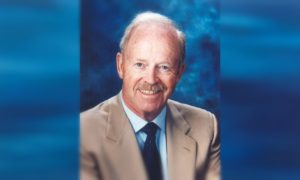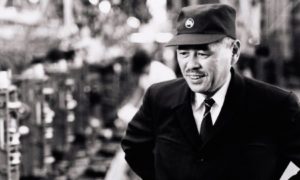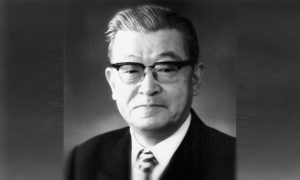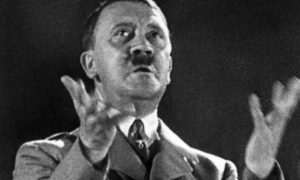Entrepreneurs
Ferruccio Lamborghini

Ferruccio Lamborghini Biography
Ferruccio Elio Arturo Lamborghini was a manufacturer of tractors and sports cars, founder of the Lamborghini brand. He was born on April 28, 1916, in Cento, a small province of Ferrara, Italy. He was recognized as a wealthy person and an excellent manufacturer of tractors, heating unit systems and air conditioners.
The Italian manufacturer decided to create the Lamborghini company, with the aim of generating competition for Enzo Ferrari. It all started after the Second World War when a man acquired a Ferrari sports car, in which he observed that there were clutch components that were the same as those he used on his tractors. In addition to that, his Ferrari was presented with some flaws. For reasons like these, he decided to visit Enzo Ferrari to tell him about the problems he was presented with his car; he could not get any solution, so he decided to build a better sports car than Ferrari. That man was Ferruccio Lamborghini.
To fulfill his objective, in May 1963 Ferruccio founded the company “Automobili Ferruccio Lamborghini” and hired former Ferrari engineers Gianpaolo Dallara and Robert Wallace to design and develop his cars. The first car that was manufactured in the company was the Lamborghini 350 GT, which was far superior in terms of the defects that Ferruccio had found in the Ferrari and was presented at the Car Fair in Turin in that same year.
The year 1967 arrived, and all of the specialized media turned to admire the Miura, the prototype that catapulted the brand to a very high level of success. His name is due to a Spanish bull-fighting livestock since the founder of Lamborghini was passionate about bullfighting and hence the brand’s logo. Besides to having all his cars have names of these animals.
In 1972, he made major investments to improve the production capacity of his factory, in order to comply with a massive order that had been made from South America. Sometime later, Lamborghini was informed that the order was canceled, so the Italian was forced to sell a part of his company to recover some of the money invested. In that same year, Georges-Henri Rossetti joined the company. In 1973, Ferruccio Lamborghini sold the part of the company that still had to René Leimer, to go live in a vineyard that had bought years ago and engage in agricultural work.
As a manufacturer of sports cars, Ferruccio Lamborghini was unique in his work. While other sports car manufacturers focused on demonstrating the speed, reliability, and technical superiority of their cars for participation in racing engines, Lamborghini established that their company would not participate or support the racing engines.
Ferruccio Lamborghini died in Perugia, Italy on February 20, 1993, at the age of 76, because of heart and respiratory problems.

Entrepreneurs
Luciano Benetton
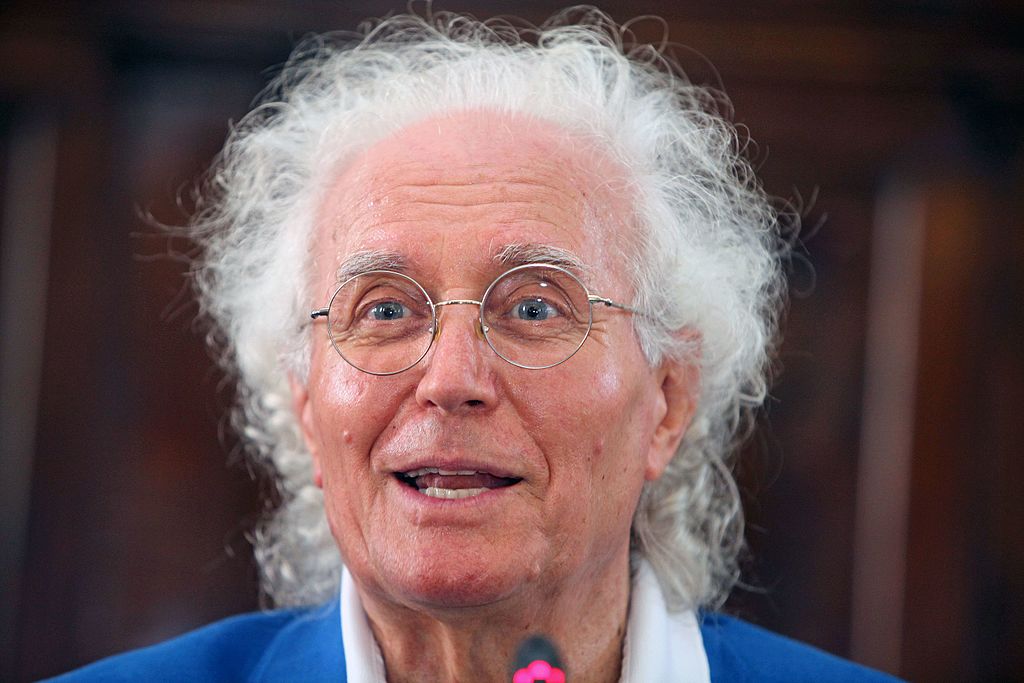
Luciano Benetton Biography
Luciano Benetton (May 13, 1935) Born in Ponzano, Treviso, Italy. An Italian businessman and fashion designer, co-founder of the Benetton Group company, one of the most popular and important fashion companies in the world. After working for several years as a clerk in a clothing store, Benetton ventured as an entrepreneur selling the garments her sister made. When he won recognition, he created with his brothers the firm Fratelli Benetton (1965), with which he expanded and ventured into various commercial sectors linked to the world of fashion, such as perfumery. Under his command, the company became famous in the nineties for the publication of a series of controversial advertisements directed by Oliviero Toscani. He entered politics in the 1990s and left the company in charge of his son in 2012.
FAMILY AND BEGINNINGS
Born in an Italian province with an extensive textile tradition, Benetton had as a father a small businessman who died of malaria in 1945, having emigrated to Africa to work as a truck driver. Benetton, who at that time was only nine years old, left school to work and be able to support his mother and three sisters. He got a job as a clerk in a fabric and clothing store, where he stayed for several years. In 1955, a young twenty-year-old Benetton proposed to his sister, who at the time worked weaving clothes for a workshop, who worked together and created their own business, she would cook and sell her work in various stores.
With little money the two of them started their project and understanding that they had to sacrifice their comfort to grow, they sold some of their personal items, such as a bicycle, a guitar and other objects of little value, with which they collected the money to buy their first machine to knit. At that time, his sister Giuliana spent more than 18 hours in front of the machine, creating her first jerseys, which Luciano initially sold at the store she worked on and shortly thereafter began promoting them in other stores, gradually winning a clientele faithful. Determined to grow the business, Benetton created his own sample and presented it to various merchants in the town, in a short time getting his first large order, which consisted of 700 garments.
As the demand progressively increased, the brothers began to expand and hire more artisan employees, making themselves known in the region for their work and quality. Thanks to their hard work and the recompense they had, they founded in 1965 the commercial firm Fratelli Benetton, together with their brothers Gilberto and Carlo. The four brothers continued to work and publicize the brand, which in a short time became one of the best-known clothing companies in the country. By the end of the 1960s, the company opened its first headquarters abroad, establishing a store in Paris.
LUCIANO BENETTON’S PATH
After creating his signature Fratelli Benetton with his three brothers (Giuliana, Gilberto, and Carlo), Benetton took command of the company in 1974, at which time the company was known nationally and internationally. By the mid-1970s, the Benetton group was a multinational that had nine factories, five in its country and four abroad (Scotland, Spain, the United States, and France). Over the years the company continued to grow and to reach more than 1,300 stores abroad by the end of the 1980s. In addition to stores in the United States, Spain, France, and Scotland, they had stores in Bucharest (Romania), Prague (Czech Republic) and Budapest (Hungary). Each year the group sold more than seventy million garments and earned more than 152,000 million pesetas, trading on the stock exchanges in Frankfurt, Tokyo and New York (Wall Street). These gains made him one of the most prominent textile sector entrepreneurs of the time, along with great personalities such as Amancio Ortega and Isak Andic.
Understanding that the business needed to diversify to continue growing, Benetton launched a bathroom line, created a perfume manufactured by Hermés and designed a financial holding company called Edizione, which diversified in infrastructure, beverages, food, real estate, and agriculture. In a short time Edizione bought Nordica, a renowned sporting goods and clothing company for it, with which it was not only established as one of the most relevant companies in Italy, but also as one of the most complete fashion companies in the world (casual clothes, sports clothes and work clothes, etc).
The company’s success was affected in the 1990s, with the publication of a series of controversial commercials directed by photographer Oliviero Toscani. In the ads you could see a newborn baby covered in blood, a nun kissing a priest and a family accompanying a dying young man with AIDS. Although the campaign was designed to make the viewer reflect on the importance of the other, human rights and miscegenation, the message was lost and the viewers were scandalized, criticizing the firm for the proposal. Criticism continued when Benetton appeared naked covering her private parts in a newspaper to announce the Clothing Redistribution Project campaign, a charitable operation that sought to collect used clothing and send it to the Third World.
Although he was harshly criticized for his campaigns and eccentricity, Benetton entered politics in 1992. He obtained a seat in the Senate as a member of the Italian Republican Party, however, his passage through it was overshadowed by the emergence of the investigation against him for the bankruptcy of Fiorucci. Leaving politics and focused on business, Benetton secured a large number of properties in Argentina, becoming one of the most important landowners in the country. By the end of the 1990s, the company had expanded, earning more than 300,000 million pesetas a year. In the new millennium, he included in his business his sons Alessandro and Rocco, who were in charge of the company at his departure in 2012. The story of this renowned designer and businessman was collected in the Benetton autobiography, the color of success (1991).
Companies
Louis Vuitton
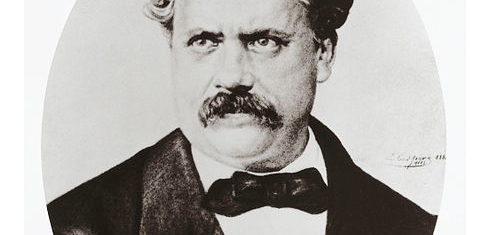
Louis Vuitton Biography
Louis Vuitton (August 4, 1821 – February 25, 1892) businessman and fashion designer. Founder of the leather goods brand Louis Vuitton. He was born in Anchay, France. His parents were Xavier Vuitton, a farmer, and his mother Coronne Vuitton, a woman who dedicated herself to making hats. At the age of 16, Louis gets a job as a trunk manufacturer, an occupation that allowed him to move to Paris.
In 1854, he opened a shop in Paris at number 4 on the rue Neuve-des-Capucines that would become one of the reference brands at the end of the 20th century. Subsequently, he served as luggage provider for Empress Eugenie de Montijo, wife of Napoleon III. His biggest goal in his life project was to create a leather bag workshop, he was passionate about the design of these items. So, with his savings, he opened the Atelier in 1859, a workshop of handmade leather bags and suitcases. This place was very symbolic and special for him because his child grew up there: Georges Vuitton, his mother was Clemence-Emilie Parriaux.
His workshop was very successful and popular because of the exclusivity of the designs and the quality of the materials used in his work, Vuitton became a benchmark for luxury leather goods. In 1885, he opened a store in London. At the time, he developed the Tumbler lock that made travel trunks much safer. In 1867, he won the bronze medal at the Universal Exhibition in Paris. Empress Eugenia de Montijo remained her best client, her support would be crucial for her commercial development.
Louis Vuitton died on February 5, 1892, while in Asnières-Sur-Seine, France. His son followed in his footsteps but did not continue with the company, which did not end because it was commanded by other people. Its success was such that decades later the company had 225 workers. In 1896, Louis Vuitton company designed the monogram canvas with which it differs from other brands. Georges patented the Louis Vuitton lock, a revolutionary and very effective system that could not be opened even by the great American illusionist Harry Houdini.
Business
Peter Drucker

Peter Drucker biography
Peter Drucker (November 19, 1909 – November 11, 2005) writer, consultant, entrepreneur, and journalist. He was born in Vienna, Austria. He is considered the father of the Management to which he devoted more than 60 years of his professional life. His parents of Jewish origin and then converted to Christianity moved to a small town called Kaasgrabeen. Drucker grew up in an environment in which new ideas and social positions created by intellectuals, senior government officials and scientists were emerging. He studied at the Döbling Gymnasium and in 1927, Drucker moved to the German city of Hamburg, where he worked as an apprentice in a cotton company.
Then he began to train in the world of journalism, writing for the Der Österreichische Volkswirt. Then he got a job in Frankfurt, his job was to write for the Daily Frankfurter General-Anzeiger. Meanwhile, he completed a doctorate in International Law. Drucker began to integrate his two facets and for that, he was a recognized journalist. Drucker worked in this place until the fall of the Weimar Republic. After this period he decided to move to London, where he worked in a bank and was also a student of John Maynard Keynes.
Although he was a disciple of Keynes, he assured, decades later, that Keynesianism failed as an economic thesis where it was applied. Because of the ravages of Nazism and persecution of Jews, he emigrated to the United States, where he served as a professor at Sarah Lawrence College in New York, from 1939 to 1949 and simultaneously was a writer. His first job as a consultant was in 1940. He then returned to teaching at Bennington College in Vermont. Thanks to his popularity he received a position to teach in the faculty of Business Administration of the University of New York.
He was an active contributor for a long period of time to magazines such as The Atlantic Monthly and was a columnist for The Wall Street Journal. The quality and recognition of his writings assured him important contracts both as a writer and as a consultant with large companies, government agencies, and non-profit organizations in the United States, Europe, Latin America, and Asia. Quickly and surprisingly his fortune grew. Drucker served as honorary president of the Peter F. Drucker Foundation for Nonprofit Management.
In 1971, he obtained the Clarke Chair of Social Sciences and Administration at the Graduate School of Management at the University of Claremont. Now, at present Drucker is considered the most successful of the exponents in matters of administration, his ideas and terminologies have influenced the corporate world since the 40s. Drucker was the first social scientist to use the expression “post-modernity” something that caught the attention of this man is that he does not like receiving compliments. He was simple, visionary, satirical and vital.
Within his studies, he says that his greatest interest is people. His work as a consultant began in the General Motors Multinational Companies, from that moment begins to raise the theory of Management, Management trends, the knowledge society. Thanks to this theory he has published several books, these are consulted often and are fundamental for the career of business administrator. In his works, he deals with the scientific, human, economic, historical, artistic and philosophical stage.
He was founder and director of a business school that bears his name. For Drucker, it was beneficial that many of his ideas have been reformed because of the innovative way of thinking and analyzing business issues. Although approaches such as the knowledge society are the basis of the current company and the future is still maintained. He has published more than thirty books, which include studies of Management, studies of socio-economic policies and essays. Some are Best Sellers. The first book was The end of economic man (1939), The future of industrial man (1942), The concept of Corporation (1946). Later he published The Effective Executive (1985). He focused on personal effectiveness and changes in the direction of the 21st century. In 2002 the society of the future was published.
His first book caused much controversy because he talked about the reasons why fascism initiated and analyzed the failures of established institutions. He urged the need for a new social and economic order. Although he had finished the book in 1933, he had to wait because no editor wanted to accept such horrible visions. Now, Drucker has dealt with such controversial issues as individual freedom, industrial society, big business, the power of managers, automation, monopoly, and totalitarianism.
We must indicate that his analysis of the Administration, is a valuable guide for the leaders of companies that need to study their own performance, diagnose its failures and improve its productivity, as well as that of your company. Several companies have taken their approaches and put them into practice, such as Sears Roebuck & Co., General Motors, Ford, IBM, Chrysler, and American Telephone & Telegraph.
The consultant assured that there are some differences between the figure of the manager and that of the leader. For him, true leaders recognize their shortcomings as mortal beings, but they systematically concentrate on the essentials and work tirelessly to acquire the decisive competences of management. Actually, the contributions of this character in the world of administration and in the economic and social world have been significant. Drucker died on November 11, 2005, leaving a great legacy.
Entrepreneurs
Paul Allen
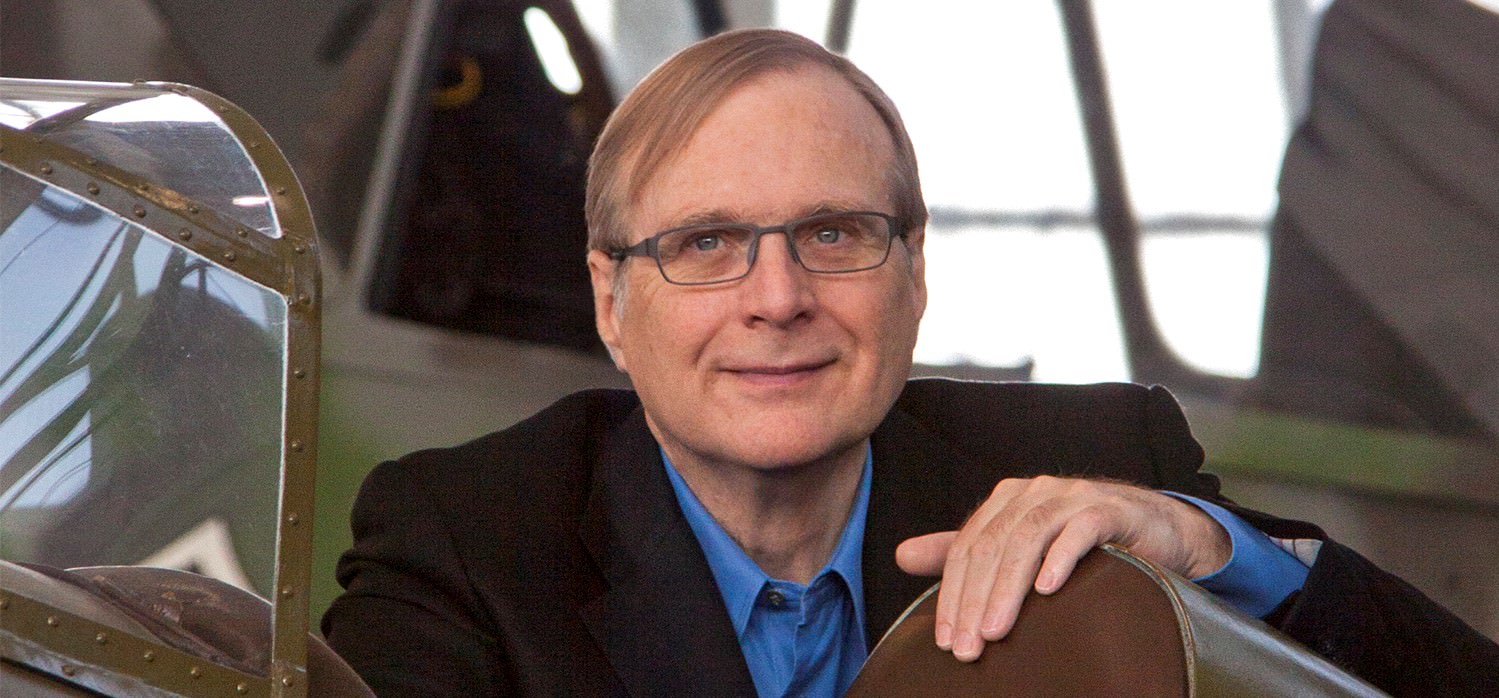
Paul Allen biography
Paul Gardner Allen (January 21, 1953) entrepreneur, business magnate, investor, and philanthropist. He was born in Seattle, Washington, United States. Allen attended Lakeside School, a private school located in Seattle, and became friends with Bill Gates, who was three years younger and shared a common enthusiasm for computers. His parents encouraged him from childhood to be curious and very dedicated to studying. At the age of 14, he became interested in computer science, scrutinizing computers internally and externally.
When the school was over, Allen went to the Washington State University, although when he had been studying for two years he decided to leave the school with his friend Bill Gates, who was studying at the prestigious Harvard University. Both felt that it was more useful to begin to devise commercial software for the new personal computers. At first, the brand was called Micro-Soft and was installed in Albuquerque, New Mexico. The first sale was in 1975, and they started selling a BASIC language interpreter. Allen had an impressive business spirit so he was instrumental in achieving a project that aimed to acquire an operating system called MS-DOS for $ 50,000.
Gates and Allen managed to supply the operating system for the new IBM PCs. As of this moment, the company suffered constant and ascending progress. Maybe young people would not imagine the scope that Microsoft could have. But after several years of work, effort, and progress Allen had to separate from Gates and leave the company because of a serious illness, Hodgkin’s disease, which did not allow him to perform his duties. Allen had to undergo several months of radiotherapy treatment and a bone marrow SDF transplant.
Once recovered, he returned to Microsoft in 1990, but at that time the fate of Bill was already cast: he was the richest person in the world. Although Bill never turned his back on him and placed him in an important management position. He started working on an idea that a few months later became a reality, this is Vulcan Ventures Inc. in Washington: a venture capital fund specialized in cable and broadband services. With this idea Allen has participated in more than 140 companies, the most prominent are Priceline, Dreamworks, GoNet, Oxygen, and Metricom.
The money he earns he invests it in a variety of issues, and one of them is in the Portland Trail Blazers basketball team. As a fan of this sport, he decided to invest more than 70 million dollars for that team in 1988. A short time ago, he invested 200 million dollars for the Seattle Seahawks. In short, he is one of the minority owners of the Major League Soccer team, and of the Seattle Sounders FC. One of his passions is music, specifically Rock and Roll. He also spends many hours playing the guitar in his professional recording studio installed in his house.
Allen has not only invested in sports and personal passions, but he has also funded the Museum Experience Music Project and the Science Fiction Hall of Fame in Seattle. He has done this because of his interest in extraterrestrial life. Like every philanthropist, he has founded several charitable organizations. Allen’s contribution to Microsoft gave him great momentum and it was very significant, he decided to retire in the year 2000. After this Bill Gates published in the official account a moving statement, where he acknowledged the contribution of Allen to the success of the company.
This made him a great strategic advisor. That year, he sold 68 million shares, but still owns 138 million, which makes up the bulk of his wealth. This is proven in the investments he has in more than 50 technology and entertainment companies. For example, Experience Music Project, Entertainment Properties Inc., Charitable Foundations, Vulcan Ventures Inc., First & Goal Inc., and Clear Blue Sky Productions are just some of them. He made a significant investment in young and promising companies in the Internet sector such as Priceline, Click2learn, and Netperceptions.
Unfortunately, he did not manage to invest in one of the most successful and profitable companies in the Internet sector and with a promising future: eBay.com. It is not a secret that Allen puts the eye and the signature, where the best opportunities reside. The experience and success of Allen in recent years, prove him as one of the best investors worldwide. Allen’s investment strategy focuses on companies with future technology. Allen says that the next boom will be in the interactive sector. Paul Allen appears on the Forbes list of the richest people in the world, in 2009 the first was his friend and fellow, Bill Gates, while Allen has something less than 17,500 million dollars.
Companies
Nik Powell
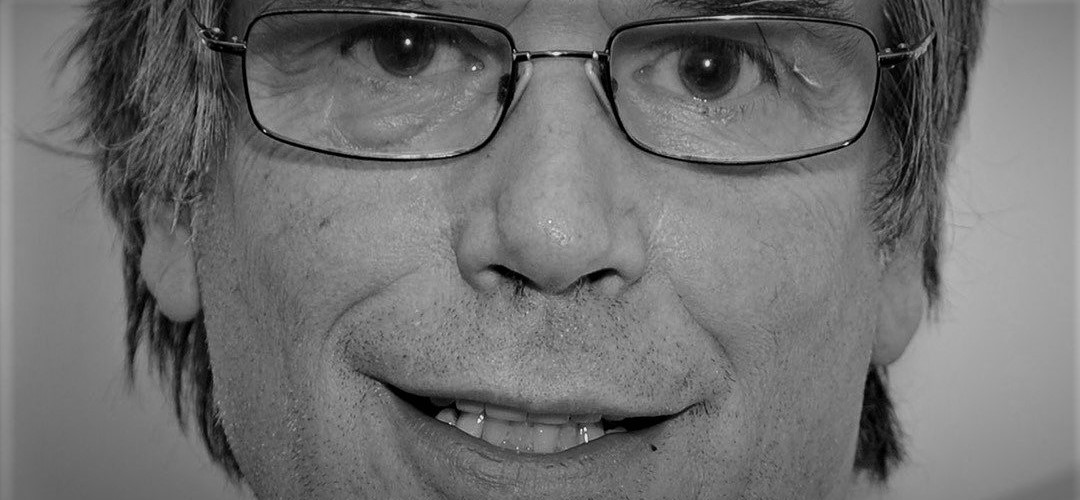
Nik Powell biography
Nik Powell (November 4, 1950) businessman and co-founder of the Virgin Group. He was born in Great Kingshill, Buckinghamshire, England. Powell studied at the Longacre School and then left school because his family moved to Little Malvern. Then, he entered a small Catholic high school called St. Richard’s. He always showed a great ability for mathematical questions and for writing. Then he attended high school at Ampleforth College a high school located in North Yorkshire. Upon graduation, he entered the University of Sussex. But a year later he retired and began operating a mail order company, a small record store, and a recording studio.
The intentions to grow were increased, so the partners established Virgin Records in 1972. Little by little, the record began to bear fruit until years later it was recognized as one of the main record labels in the United Kingdom. In the year 1992, it was sold to EMI. During this time, Powell and Stephen Woolley came together to start the project that had as its object the foundation of a production company called Palace Productions. She was responsible for the production of The Company of Wolves (1984), Mona Lisa (1986) and The Crying Game (1992). But, although they achieved great things, the company collapsed in 1992 due to a series of inconclusive contracts and debts.
Without leaving his dreams behind, Powell began working in the film industry this time with Scala Productions, responsible for the production of Fever Pitch, Twenty Four Seven, Last Orders, B. Monkey and Ladies in Lavender. Since then he has been the president of this company. Simultaneously accepted the position of director of the National School of Film and Television in 2003. This decision was very controversial and caused great controversy because there were many people from academia who claimed that Powell was not prepared for the position. For a few years, he received the support of his wife Merrill Tomassi, from whom he divorced.
Later he married the singer Sandie Shaw, Powell was very important in the relaunching of her artistic career. They had two children, Amie and Jack, and they divorced in the 1990s. The distinguished career in the media industry, first in music as a co-founder of Virgin Records and later as a producer of several award-winning films allowed Nik to handle with excellence the School and be welcomed and respected by his students, the above has also gained more popularity to the institution.
Nik has not left his close ties with the leaders of the music and film industry, and also served as a trustee of BAFTA, where he chaired the Film Committee. While chairing the NFTS, Nik has been responsible for a remarkable transformation of the School that has grown in infrastructure and in importance and quality. It has been recognized as one of the best film schools in the world and now he can welcome more students because its academic offer is wider: masters, diploma, certificates and short courses in the film, television and games industries.
In recent years, the school received its accreditation from the Higher Education Funding Council for England (HEFCE). Being then an accredited institution of higher education. A few years ago the NFTS was equipped with two buildings and a new digital television studio 4K. The president of the School has extended and made public his thanks to the work of Powell, and to the great achievements that the students of this school have made. They have been winners of several awards, such as four Oscar nominations, seven BAFTA and 10 Cilect Global Student Film awards.
Many NFTS graduate students are working in the best film, television, and gaming industries in the United Kingdom. But, after 14 years under the direction of the school, Powell decided to retire from this position in June 2017. Although he resigned from his position, he affirmed that he will continue supporting everything he can to his beloved institution. Powell appeared on the Queen’s 2018 New Year’s Honors list. Powell received an OBE. His partner Richard Branson has also recognized his work and admires his work. He also works with novelist and screenwriter Deborah Moggach.
After his retirement he realized, against all odds, that if he could get ahead in the role of academic director of such a prestigious institution, he could also found Virgin, enter the world of cinema, among other things. During his time as director, he took great pains to expand scholarships for students who do not have the economic capacity, and also encouraged the entry of women into the institution. And finally, he was very efficient with financing from large film industries. Powell is an inspiring man and was an important figure for the NFTS.






